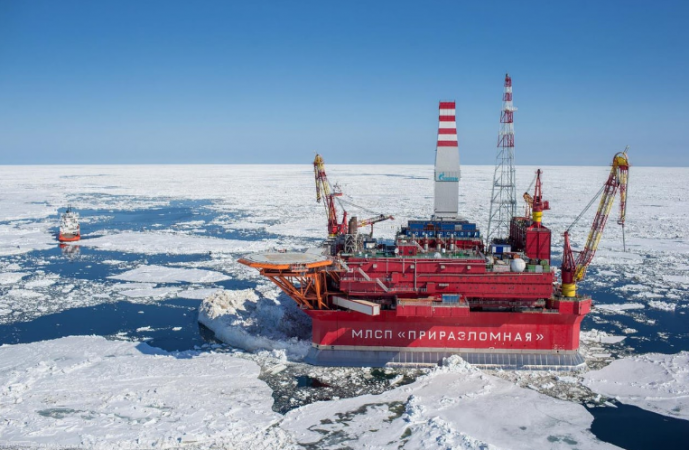
Moscow: The Russian government has developed a plan to establish a national oil benchmark in 2023. So it is trying to protect itself from Western attempts to limit fuel prices coming from the Russian Federation to stop the flow of petrodollars into the country.
national oil standard
According to Bloomberg, Russian ministries, domestic oil producers and the central bank intend to start trading in the national benchmark (oil standard) in October next year. The plan says Russia will try to entice foreign partners to buy benchmark oil to achieve adequate trade volume and price controls between March and July 2023.
Because trading volumes were insufficient to establish an internationally recognized benchmark the Russia has been attempting to establish its own benchmark for over a decade without success.
The invasion of Ukraine and the subsequent wave of Western oil sanctions fueled the country's aspirations. And last month, the G7 nations decided to urgently consider ways to restrict Moscow's oil revenues, setting price limits on its oil.
The primary export grade of Russian crude, the Urals, is usually bought and sold at a discount to North Sea benchmark Brent oil. However, this exemption increased significantly after military special operations began as sanctions made the Urals less attractive.
Two Russian officials who requested to hide their identity to the bloomberg confirmed that work on the national benchmark oil is still being done. they claims that Russia wants to be able to "ensure the possibility of selling its oil without external pressure or sanctions".
On condition of anonymity, the head of the Russian oil company confirmed to the agency that talks with domestic oil producers are ongoing.
The proposal is still in its early stages government officials have yet to determine whether the country needs any additional legal frameworks to trade benchmark oil.
The "ceiling" of Russian oil prices
The United States and its allies are debating a "limit" to the maximum price of Russian oil between $40 and $60. At their summit in late June, the G7 nations decided to research strategies to reduce fuel costs from Russia.
According to Russian Foreign Ministry spokeswoman Maria Zakharova, the G7's plan to impose a cap on the price of Russian oil could result in higher oil prices.
Canada implements new sanctions against Russia's chemical and oil industries.
WTI Oil Drops 5-month low as Recession Fears Overwhelm Markets